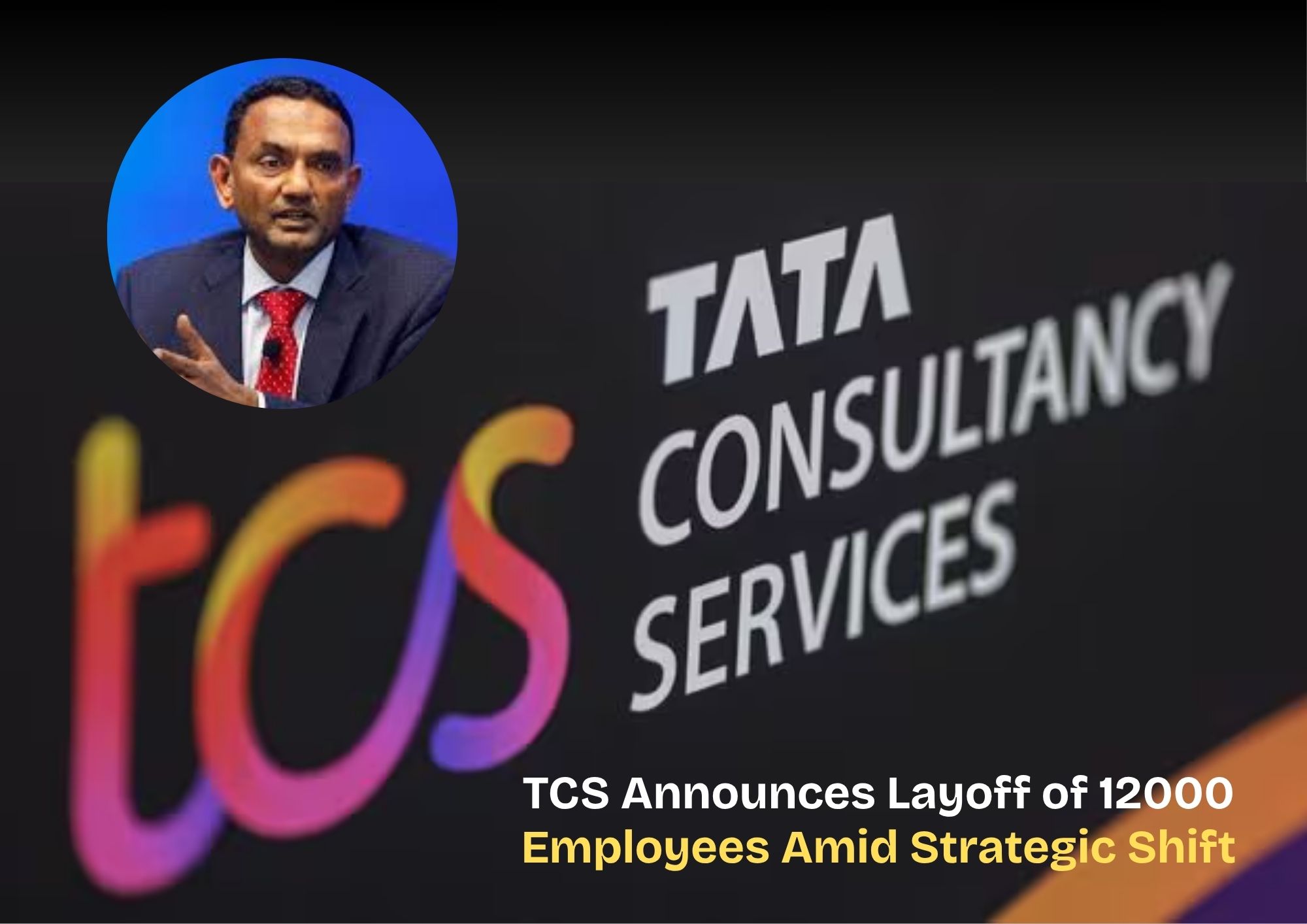In a startling revelation, social media user Ahmed Shariff claimed on Monday that his friend—an entrepreneur in Bengaluru—is being extorted by local law enforcement. According to Shariff’s post on X (formerly Twitter), the business owner is allegedly forced to pay ₹20,000–₹30,000 monthly to a police inspector, along with daily bribes to junior constables.
Shariff’s claims surfaced just days after Commerce and Industry Minister Piyush Goyal announced the launch of a grievance redressal helpline under the Startup India initiative. The helpline aims to combat corruption, bureaucratic hurdles, and policy misinterpretation that hinder startup growth. Speaking at the Startup Maha Kumbh event in Delhi, Goyal encouraged entrepreneurs to use the platform for raising concerns or seeking legal clarifications.
“If any officer troubles you, or if you have suggestions for law reforms or face policy roadblocks, the helpline is your direct line of support,” Goyal said. “If you believe you’ve operated within the legal framework and still face harassment, don’t hesitate to file a complaint.”
However, Shariff’s post seemed to resonate with many. In the days following his revelation, several other entrepreneurs came forward with their own harrowing tales of navigating India’s bureaucratic labyrinth.
Murtaza Amin, who heads a 100-person software company in Burhanpur, Madhya Pradesh, expressed his frustration.
“I bring in millions of dollars a year to the Burhanpur economy and employ more white-collar professionals than anyone else here,” he said. “And yet, we suffer daily power cuts, are harassed by officials, and treated like second-class citizens.”
He added that even after reaching out to the PMO and senior officials, the responses were underwhelming.
“I’m exhausted from paying bribes for every small task. We’re told we’re building Digital India, but I have to drive 60 kilometers to Khandwa just so a babu can demand a bribe in person.”
Entrepreneur Mahima Jalan echoed similar concerns.
“My GST application was rejected—not due to faulty paperwork—but because the officers expected an in-person ‘settlement’,” she said. She also raised red flags about international payment roadblocks.
“Client payments often get stuck, accounts freeze without notice, and you have to fight just to access your own money.”
A semiconductor startup founder highlighted systemic inefficiencies and cost barriers unique to deep-tech businesses.
“My application for tax exemptions sat idle for two years, only to be returned with a vague request for ‘additional documents’. Hours later, I received a call from a so-called facilitator promising faster results—if I hired their services.”
He also criticized India’s import policies that stifle innovation.
“Importing basic tech equipment here costs me twice as much as my international competitors. A $10 wireless device for my lab ends up costing ₹10,000 just for import approval from WPC!”
Summary:
India’s startup ecosystem, despite its explosive growth, still seems shackled by deep-rooted corruption and red tape. Entrepreneurs—from SaaS builders to semiconductor visionaries—are calling out a system that demands bribes, delays progress, and discourages innovation. The new Startup India helpline is a step forward, but whether it will dismantle the bureaucratic fortress remains to be seen.











